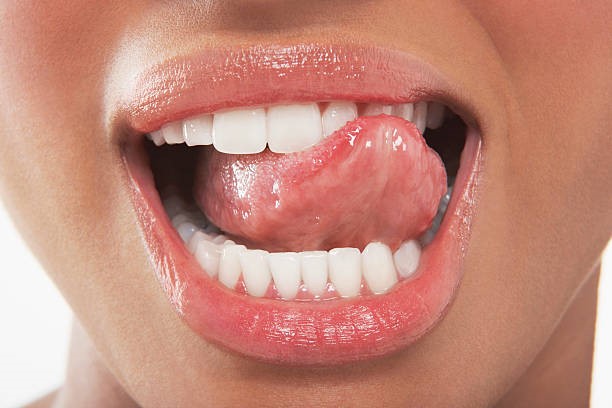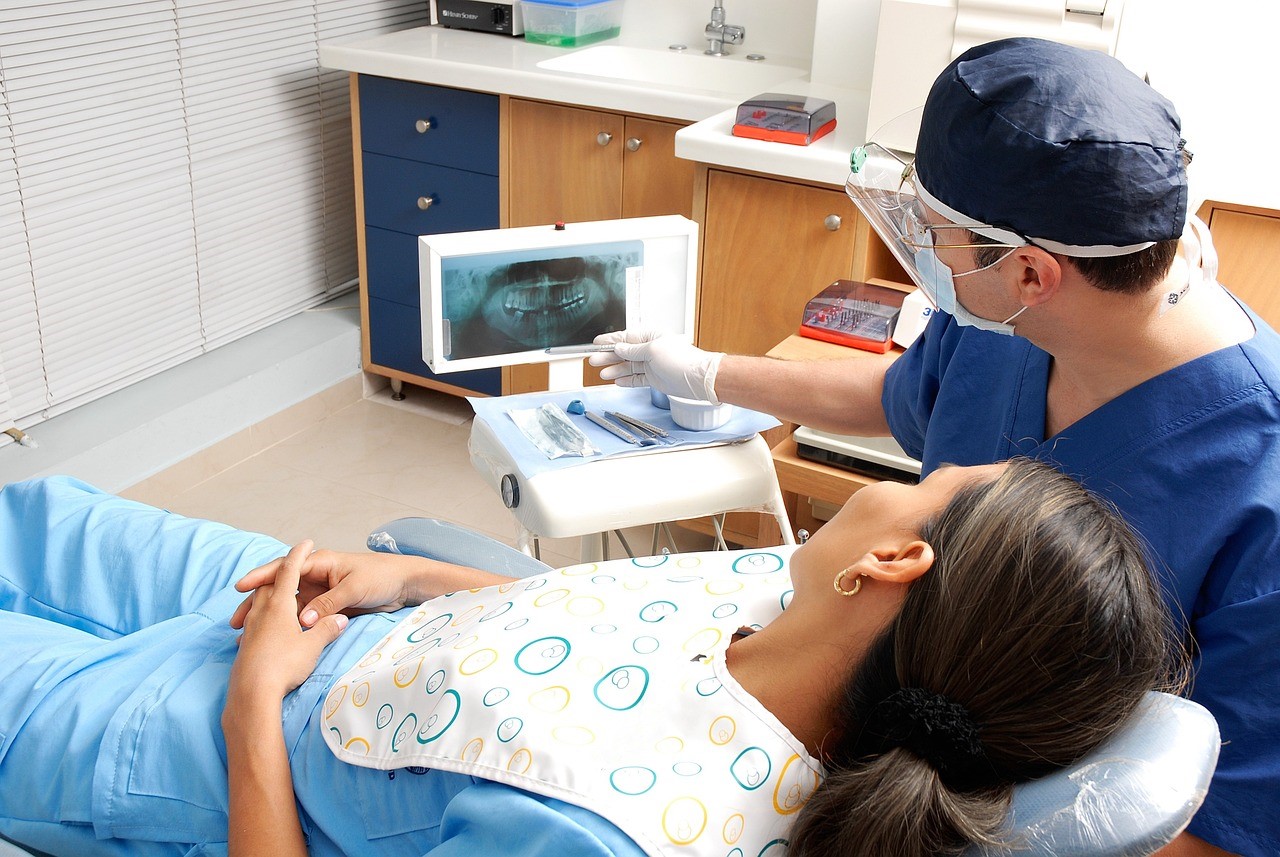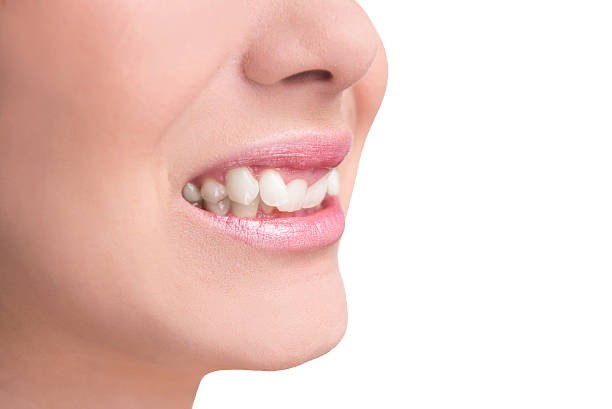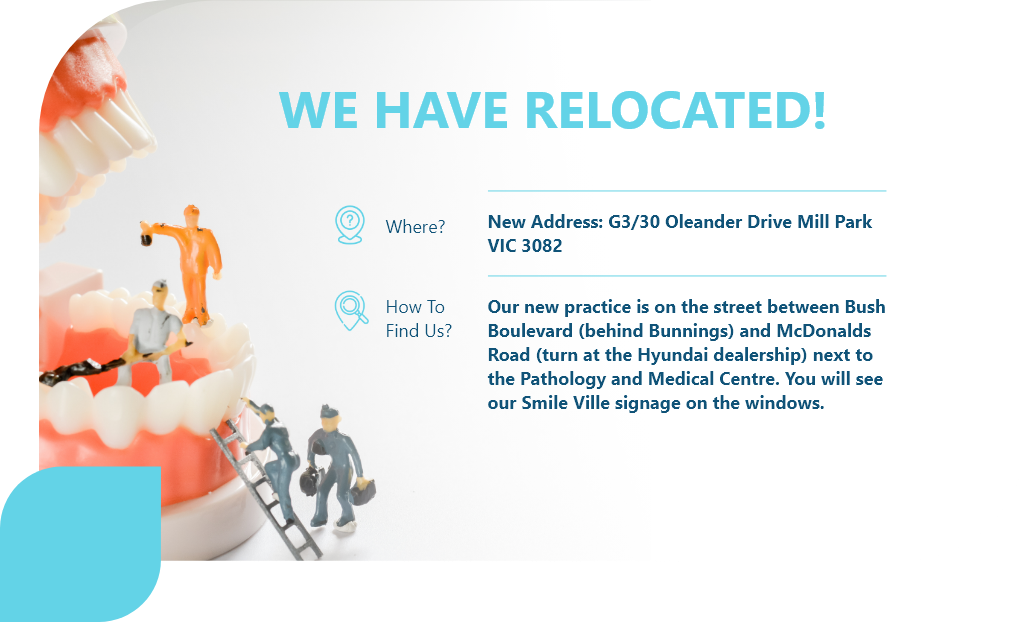Have you ever wondered why some people have an overbite while others have an underbite?
The answer lies in the alignment of their teeth. When teeth are properly aligned, this is called a “normal occlusion.” However, when teeth are not properly aligned, this is called “malocclusion.”
There are several different types of malocclusions, but the most common are overbites and underbites.
Overbite occurs when the top teeth protrude over the bottom teeth, while underbite happens when the bottom teeth protrude over the top teeth. Both overbites and underbites can cause difficulty chewing and speaking, and can lead to long-term dental problems if left untreated.
8 Causes of Overbite & Underbite
1. Genetics
One of the most common causes of overbite and underbite is genetics. If your parents or grandparents had crooked or misaligned teeth, you’re more likely to take after their oral structures as well.

2. Bad Habits
Certain habits can cause your teeth to become misaligned. For example, if you frequently suck your thumb or use a pacifier after the age of three, it is most likely that you may develop an overbite.
3. Injury
If you are into contact sports and you incurred an injury to the face or jaw, this may result in a malocclusion. Let’s say you break your nose during a bad fall when playing basketball, such an injury may cause your upper and lower teeth to misalign.
4. Eating Habits
Your eating habits can also contribute to unwarranted malocclusions. For example, when you regularly eat hard foods such as candy, nuts or popcorn, you may find that your teeth begin to protrude forward.
In some cases, people who chew on their fingernails or use their teeth to open things may damage their teeth or jaw, which can lead to misalignment.
5. Teeth Grinding
Bruxism or teeth grinding is another common cause of overbite and underbite. If you grind your teeth at night or whenever your feel anxiety or stress, you may not be aware of it, but over time, it can wear down your teeth and change their alignment.
6. Poor Dental Hygiene
If you don’t brush and floss your teeth regularly, plaque can build up on your teeth. This can lead to gum disease, which can eventually cause your teeth to become loose and shift out of place. And the result is an overbite or underbite depending on the plaque buildup.
7. Tongue Thrusting
While a common habit in children is tongue thrusting, it can also occur in adults. If you thrust your tongue forward when you speak or swallow, it can put pressure on your teeth and cause them to become misaligned.

8. Jaw Disorders
If you have a jaw condition such as temporomandibular joint disorder, your jaw may not be able to close properly, which can cause your teeth to become misaligned. If left untreated, jaw disorders can cause some problems, including pain in the jaw and face, difficulty chewing and speaking and an increased risk for dental problems.
6 Ways to Prevent Overbite and Underbite
1. Early Intervention
The earlier you catch an overbite or underbite, the easier it is to treat them. If you notice your child’s teeth are not coming in straight or they seem to be sucking their tongue excessively, bring them to the dentist right away. They can evaluate your child’s oral structure and recommend the best course of action to prevent malocclusion from happening.
2. Proper Diet
A healthy diet is important for overall well-being, including your oral health. Be sure to give your child plenty of calcium-rich foods like milk, cheese and yogurt, as well as foods that contain Vitamin D like salmon and eggs. These nutrients help build stronger teeth which can also maintain normal occlusion.

3. Avoid Pacifiers and Thumb-Sucking
Pacifiers and thumb-sucking are common causes of overbites and underbites. If your child sucks their thumb or uses a pacifier, be sure to wean them off of it by age 3.
4. Good Oral Hygiene
Be sure to brush and floss your child’s teeth regularly and teach them to do the same. This will help prevent cavities and other dental problems that can lead to an overbite or underbite.
5. Treat Teeth Grinding and Jaw Disorders
If you suspect that you are grinding your teeth at night, see a dentist for a check-up and get a nightguard to wear while sleeping. In the same light, if you are experiencing any jaw disorder, it helps to have it checked immediately and have it treated before it advances to more severe issues.
6. Regular Dental Checkups
Be sure to visit the dentist for regular checkups and cleanings every 6 months. This will help ensure that any occlusion problems are caught early and treated before they become more serious.

Generally, overbites and underbites are not harmful to your health and do not require treatment. However, if you are concerned about the way your overbite or underbite looks, then you may want to consult with an orthodontist or dentist to discuss your options.
Book your appointment with SmileVille today!





